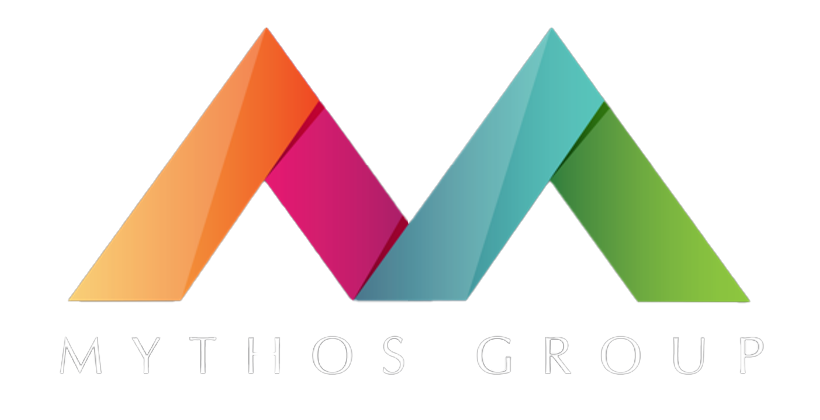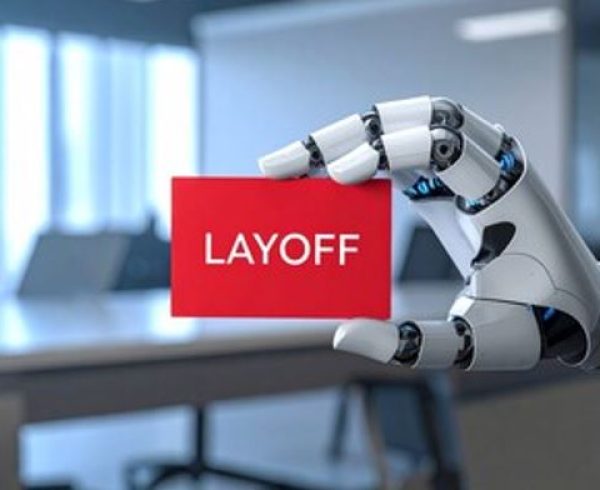How AI’s New Power Brokers Are Reshaping Your Industry — And Why Companies Paying Them More Than VPs Are Buying the Future
The job posting that redefined Silicon Valley compensation in April 2023: $335,000 base salary for a “prompt engineer.” Not a CEO. Not a CTO. A role that had been invented just months before was suddenly commanding total packages exceeding $560,000 when equity was included — for talking to robots. But here’s what every Fortune 500 board missed: these weren’t just high salaries. They were market signals that the entire power structure of the AI economy had just inverted.
While your board debates AI budgets and your CTO demos platforms, these professionals have quietly become the arbiters of which companies extract value from AI and which burn millions on expensive failures.
The Translation Gap That’s Bankrupting AI Investments
Here’s the executive briefing no one wants to deliver: 70% of AI implementations fail, burning through multimillion-dollar investments with nothing to show for it. But companies with dedicated prompt engineers see failure rates drop to under 20%. That’s a 50-percentage-point performance gap that’s creating winners and losers in real time. The difference isn’t in the AI technology deployed. It’s in the humans who can bridge what I call “The Translation Gap” between AI capability and business execution.
Prompt engineers have positioned themselves as the exclusive owners of this translation capability, wielding power that extends far beyond their formal job titles. While boards approve multimillion-dollar AI budgets, prompt engineers determine whether those investments deliver competitive advantage or join the 70% failure statistics. The executive paradox is unprecedented: strategic technology decisions that determine market position are increasingly made by individual contributors who didn’t exist on organization charts 18 months ago.
The market has responded with brutal efficiency. When salaries range from $95,000 to over $270,000 for professionals who didn’t exist two years ago, and when Scale AI pays prompt engineers 96% above the national average, the message is unmistakable: traditional corporate hierarchy is being rewritten by AI translation scarcity.
The Disruption You Are Missing
JPMorgan Chase provides the definitive case study of how prompt engineering creates competitive advantages that traditional technology investments cannot match. The bank’s commercial lending division had struggled with weeks-long loan processing delays that frustrated clients and lost deals. A single prompt engineer eliminated these delays entirely, reducing approval timelines from weeks to hours through sophisticated AI translation of underwriting expertise. The transformation required zero new AI models, zero infrastructure investment, and zero process reengineering. It required one person who could encode decades of institutional knowledge into AI-executable instructions.
The ROI was immediate and measurable: faster approvals, higher client satisfaction, and competitive differentiation in a commoditized market. More importantly, JPMorgan had solved The Translation Gap while competitors continued burning resources on AI platforms that delivered technical capability without business impact.
Mayo Clinic’s diagnostic revolution tells an even more dramatic story. Prompt engineers systematically translated clinical expertise into AI instructions that now produce diagnostic accuracy improvements across unlimited patient interactions. They didn’t just improve efficiency — they encoded medical knowledge that took generations to develop into systems that scale infinitely. The competitive advantage isn’t in Mayo Clinic’s AI models; it’s in their organizational capability to translate medical expertise into AI-executable logic that competitors cannot replicate.
Manufacturing giant Tesla demonstrates how prompt engineering creates compound operational advantages. The company’s supply chain optimization breakthrough came from prompt engineers who could automate complex logistics decisions by translating operational expertise into AI-executable instructions. The result: faster adaptation to supply chain disruptions and market changes than competitors can match. The competitive moat isn’t Tesla’s manufacturing technology — it’s their institutional capability to continuously optimize operations through AI translation.
BuzzFeed documented a 60% productivity increase in content production after implementing sophisticated prompt engineering. They are not just generating more content — they are scaling creative judgment and editorial expertise through AI systems while maintaining brand consistency and audience engagement. The implications extend far beyond media: any organization with institutional knowledge can now scale that expertise infinitely through proper AI translation.
The $25 Billion Arbitrage Opportunity
The numbers reveal an arbitrage opportunity that won’t last long. The prompt engineering market is exploding from $222 million in 2023 to a projected $25.6 billion by 2034 — a compound annual growth rate of 32.8%. But here’s the strategic insight most CEOs are missing: this isn’t just market growth. It’s evidence of massive unmet demand for the one capability that determines AI success or failure.
Organizations paying $200,000-$300,000 for prompt engineers today will look like bargain hunters within 18 months. CNBC reports demand is already driving salaries up to $300,000, but the scarcity economics suggest this is just the beginning. Unlike traditional technical skills that can be developed through established programs, effective prompt engineering requires a rare combination of business judgment, domain expertise, and systematic thinking about AI behavior that cannot be easily replicated or automated.
The multiplier effect of this investment extends far beyond individual productivity. Organizations with strong AI translation capabilities can implement new AI advances immediately while competitors spend months learning basic optimization. This speed differential compounds over time, creating sustainable advantages that become impossible to overcome through technology purchases alone.
Geographic arbitrage creates additional opportunities for sophisticated organizations. While US-based prompt engineers command premium rates, international markets offer 40-80% cost savings, though cultural and business context often determine success in customer-facing applications. Forward-thinking companies are building distributed prompt engineering capabilities that access global talent while maintaining business relevance.
The Leadership Moment
The strategic choice is binary: lead the AI translation revolution or become its casualty. Traditional AI adoption approaches — buying better platforms, hiring more data scientists, increasing AI budgets — miss the fundamental constraint. The bottleneck isn’t access to AI technology; it’s organizational capability to translate that technology into business outcomes consistently and at scale.
Companies that solve The Translation Gap first don’t just implement AI faster — they build capabilities that compound while competitors burn resources on technical complexity that never reaches market. The talent arbitrage window is narrow but decisive. Market data shows prompt engineering salaries ranging from $95,000 to over $270,000, with premium compensation going to professionals who demonstrate measurable business impact.
The organizational imperative extends beyond hiring to fundamental questions about competitive advantage in an AI-driven economy. The companies dominating the next decade won’t have the best AI tools — they’ll have the best AI translators who consistently convert technological capability into business value. This requires treating prompt engineering as core organizational capability, not technical specialty.
The 18-Month Reality
The competitive window is closing with mathematical precision. Early market leaders are building prompt engineering capabilities while competitors debate platform selection. Companies like Anthropic signal market direction by offering total compensation exceeding $560,000 for AI specialists, establishing these roles as strategic rather than technical.
The evolution trajectory is clear: what started as basic prompt optimization is rapidly becoming AI strategy, model training, and system orchestration capabilities that determine organizational AI maturity. The prompt engineers being hired today will architect tomorrow’s competitive advantages. Within 18 months, the gap between organizations with sophisticated AI translation capabilities and those still struggling with basic implementation will become insurmountable.
The Strategic Imperative
The AI revolution’s defining characteristic isn’t technological — it’s organizational. The highest-paid professionals in the AI economy aren’t building the technology; they’re the ones who can make it work for business. The organizations that recognize this reality and invest accordingly will define the next era of competitive advantage. Those that continue treating AI as a technology problem rather than a translation challenge will find themselves permanently disadvantaged in an economy where AI capability determines market position.
The window for competitive advantage in AI translation capabilities is closing rapidly. While your competitors debate platform selection, the market leaders are already building the human infrastructure that turns AI investment into sustainable business value. The organizations that recognize prompt engineers as strategic assets rather than technical hires will define the next era of business success.
Ready to close The Translation Gap before your competitors do? Mythos Group helps CEOs develop the AI translation capabilities that turn technology investment into sustainable competitive advantage. We’ve guided Fortune 500 leaders through the strategic decisions, talent development, and organizational design that creates lasting market position in the AI economy. The 18-month window for competitive advantage is closing. Don’t let your AI investments join the 70% failure statistics while competitors build translation capabilities that compound over time.
Contact Mythos Group to discuss your AI translation strategy and competitive positioning.







